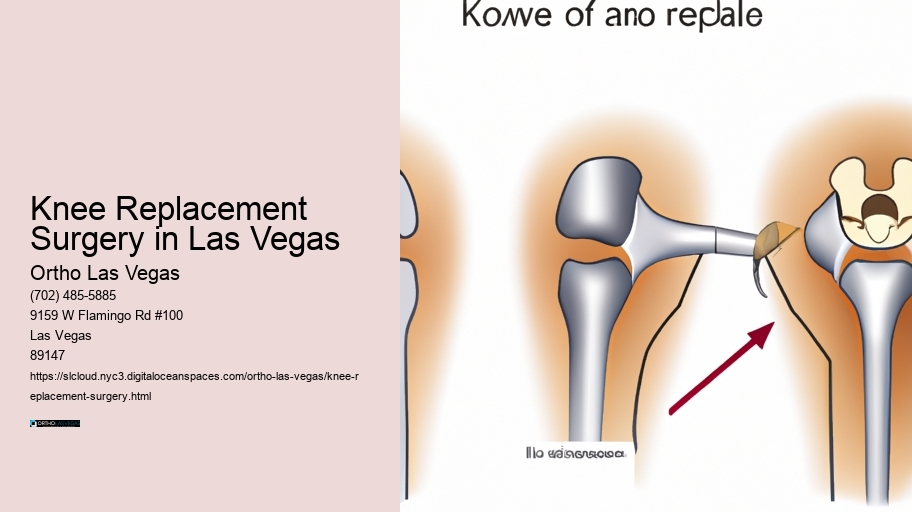Knee arthritis is a degenerative condition that affects the joints in the knee, causing pain, inflammation, and limited mobility. It is a condition that can significantly impact a person's quality of life and daily activities. While knee arthritis cannot be completely prevented, some steps can be taken to reduce the risk of developing the condition or slow down its progression.
One important aspect of knee arthritis prevention is maintaining a healthy weight. Excess weight puts added stress on the knee joints, increasing the likelihood of developing arthritis. Regular exercise, such as low-impact activities like swimming or cycling, can also help keep the knee joints healthy and reduce the risk of arthritis.
Recognizing the symptoms of knee arthritis is crucial for early diagnosis and treatment. Common symptoms include pain, stiffness, swelling, and a decreased range of motion in the knee joint. If these symptoms persist or worsen over time, it is essential to consult a healthcare professional for an accurate diagnosis and appropriate treatment.
Treatment options for knee arthritis may include a combination of non-surgical and surgical interventions. Non-surgical treatments often involve lifestyle modifications, such as physical therapy, pain management techniques, and the use of assistive devices like braces or orthotics. In cases where non-surgical methods are ineffective, surgical options like knee replacement surgery may be considered to alleviate pain and restore mobility.
